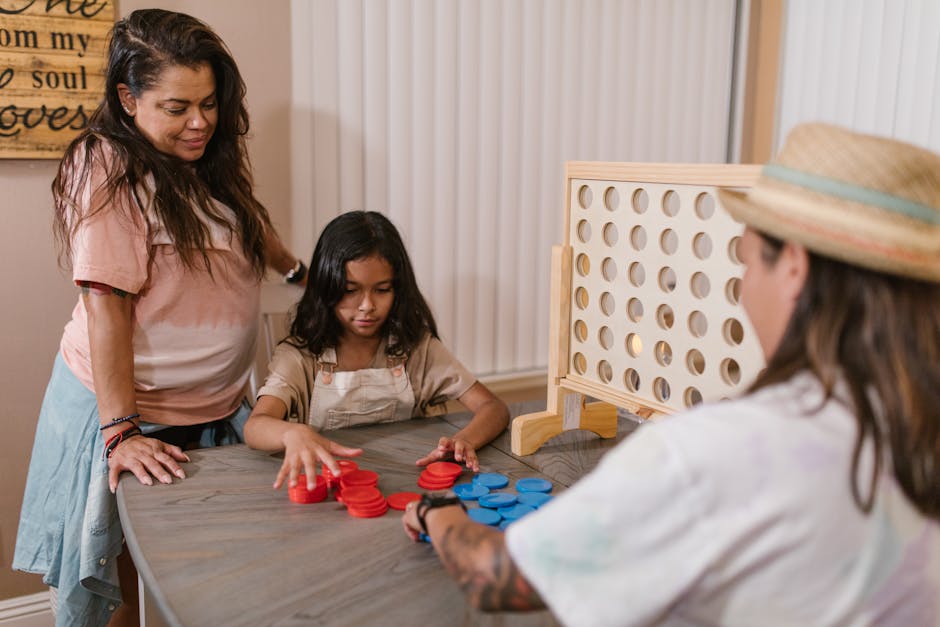How to Support a Loved One in Rehab
Watching a loved one struggle with addiction can be a heart-wrenching experience. When they make the brave decision to seek help and enter a rehabilitation program, it is crucial for friends and family members to provide the right kind of support. However, knowing how to support a loved one in rehab can be challenging and overwhelming.
In this comprehensive guide, we will delve into the various ways you can offer assistance to someone going through rehab. From understanding the rehab process to providing emotional support and creating a supportive environment, we will explore the different aspects of supporting a loved one in their journey to recovery.
The Importance of Support in Recovery

Recovery from addiction is a complex and arduous process that requires a strong support system. Research has shown that individuals who have the support of their family and friends are more likely to succeed in their recovery journey. Supportive relationships can provide encouragement, motivation, and a sense of accountability, all of which are essential for overcoming addiction.
However, supporting a loved one in rehab can be challenging, as it requires a delicate balance of being there for them while also respecting their boundaries and autonomy. It is essential to educate yourself about addiction, recovery, and the rehab process to offer effective support to your loved one.
Understanding Addiction and Rehab

Before delving into how to support a loved one in rehab, it is crucial to have a basic understanding of addiction and the rehabilitation process. Addiction is a complex disease that affects the brain’s reward system, leading to compulsive drug seeking and use despite harmful consequences.
Rehabilitation programs are designed to help individuals overcome their addiction and regain control of their lives. These programs often include a combination of therapy, counseling, medication, and support groups to address the physical, emotional, and psychological aspects of addiction.
It is important to note that recovery is a lifelong journey, and individuals in rehab may face challenges and setbacks along the way. As a support system, your role is to provide encouragement, understanding, and empathy to help your loved one stay on the path to recovery.
Creating a Supportive Environment

One of the most crucial ways to support a loved one in rehab is by creating a supportive and nurturing environment for them. This involves setting boundaries, practicing effective communication, and being a source of positivity and encouragement.
Here are some tips for creating a supportive environment for your loved one in rehab:
1. Educate Yourself

One of the first steps in supporting a loved one in rehab is to educate yourself about addiction, recovery, and the rehab process. This will help you understand what your loved one is going through and how you can best support them in their journey to sobriety.
Read books, attend support groups, and talk to addiction counselors to gain a deeper understanding of addiction and recovery. By arming yourself with knowledge, you will be better equipped to provide the right kind of support to your loved one.
2. Be Empathetic
Empathy is a crucial component of supporting a loved one in rehab. Put yourself in their shoes and try to understand their struggles, fears, and challenges. Avoid judgment or criticism and instead offer a listening ear and a shoulder to lean on.
Let your loved one know that you are there for them no matter what and that you will support them through the ups and downs of their recovery journey. Your empathy and understanding can make a significant difference in their motivation and determination to stay sober.
3. Encourage Healthy Habits
Recovery from addiction involves more than just abstaining from drugs or alcohol. It also requires adopting healthy habits and lifestyle changes that support sobriety. Encourage your loved one to eat well, exercise regularly, get enough sleep, and engage in activities that promote mental and emotional well-being.
Participate in these activities with your loved one to show your support and strengthen your bond. By promoting healthy habits, you can help your loved one build a strong foundation for long-term recovery.
4. Set Boundaries
While it is essential to be supportive of your loved one in rehab, it is equally important to set boundaries to protect your own well-being. Understand that you cannot control or fix your loved one’s addiction, and it is okay to prioritize your own needs and boundaries.
Set clear boundaries around what you are willing and able to do to support your loved one. Communicate these boundaries openly and honestly, and stick to them to avoid enabling unhealthy behaviors or becoming overwhelmed by the situation.
5. Practice Effective Communication
Effective communication is key to building a strong and supportive relationship with your loved one in rehab. Be open, honest, and non-judgmental in your conversations, and actively listen to their thoughts, feelings, and concerns.
Express your love, encouragement, and support through your words and actions, and be a source of comfort and reassurance for your loved one. Communication is a two-way street, so encourage your loved one to express themselves and share their experiences with you.
6. Attend Family Therapy Sessions
Many rehab programs offer family therapy sessions to help loved ones understand addiction, improve communication, and strengthen relationships. Consider attending these sessions with your loved one to gain insights into their recovery process and learn how to provide effective support.
Family therapy can also help address any underlying issues or dynamics within the family that may be contributing to your loved one’s addiction. By participating in therapy sessions, you can show your commitment to your loved one’s recovery and contribute to their overall well-being.
7. Celebrate Milestones and Achievements
Recovery from addiction is a challenging and often long process, so it is essential to celebrate small victories and milestones along the way. Whether it’s a week of sobriety, completing a therapy session, or achieving a personal goal, acknowledge and celebrate your loved one’s achievements to boost their confidence and motivation.
Plan small rewards or activities to commemorate these milestones, such as a special dinner, a movie night, or a day trip. Celebrating achievements together can strengthen your bond and provide encouragement for your loved one to continue their recovery journey.
Common Misconceptions About Supporting a Loved One in Rehab
There are many misconceptions and myths surrounding the topic of supporting a loved one in rehab. Here are some common misconceptions and the truths behind them:
Myth: You Can Fix or Control Your Loved One’s Addiction
Truth: Addiction is a complex disease that cannot be fixed or controlled by others. While you can provide support, encouragement, and resources to help your loved one in their recovery journey, ultimately, they are responsible for their own sobriety.
Myth: Tough Love is the Best Approach
Truth: Tough love, or using harsh tactics to force your loved one into recovery, is not always effective and can sometimes do more harm than good. Instead of using tough love, focus on being empathetic, supportive, and understanding towards your loved one.
Myth: Once Your Loved One is in Rehab, Your Job is Done
Truth: Supporting a loved one in rehab is an ongoing process that requires patience, dedication, and commitment. Your job as a support system does not end once your loved one enters rehab it continues throughout their recovery journey and beyond.
Conclusion
Supporting a loved one in rehab is a challenging but rewarding experience that can make a significant difference in their recovery journey. By creating a supportive environment, practicing effective communication, and being empathetic and understanding, you can help your loved one stay on the path to sobriety.
Remember that recovery is a lifelong journey, and your support and encouragement are invaluable to your loved one’s success. By educating yourself, setting boundaries, and celebrating milestones, you can be a strong and positive force in your loved one’s recovery process.
As you navigate the ups and downs of supporting a loved one in rehab, remember to take care of yourself as well. Your well-being is just as important, and by prioritizing your own needs and boundaries, you can better support your loved one in their journey to sobriety.
To wrap things up, supporting a loved one in rehab requires patience, understanding, and a commitment to their well-being. By being a source of positivity, encouragement, and support, you can help your loved one overcome their addiction and lead a healthier, happier life.




